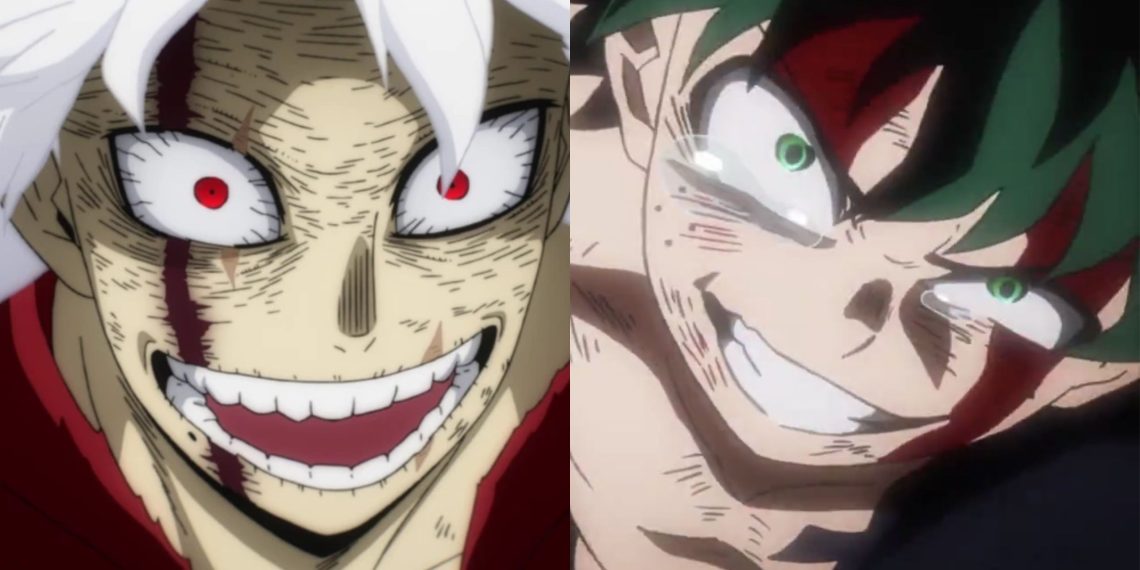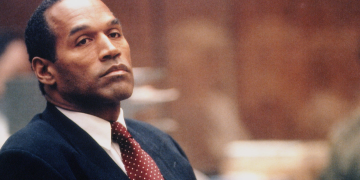Coming to the end of any journey is often bittersweet, especially when it’s a journey that has been enjoyed for a long time.
Endings, however, often carry their own set of implications. They are, in and of themselves, beginnings of their own.
They open up a world that did not exist at the beginning, requiring thoughtful development of this brave new world.
This is uncharted territory, where the dragons coil and exist beyond the edges of the map. The endings are bittersweet, but they are also incredibly exciting.
The Implications of My Hero Academia’s Ending
My Hero Academia is approaching its ending sooner rather than later, and many fans are unprepared for its ending.
An ending to a series like this doesn’t just affect fans who need a new hyperfixation; it also has implications for the world created by the writer.
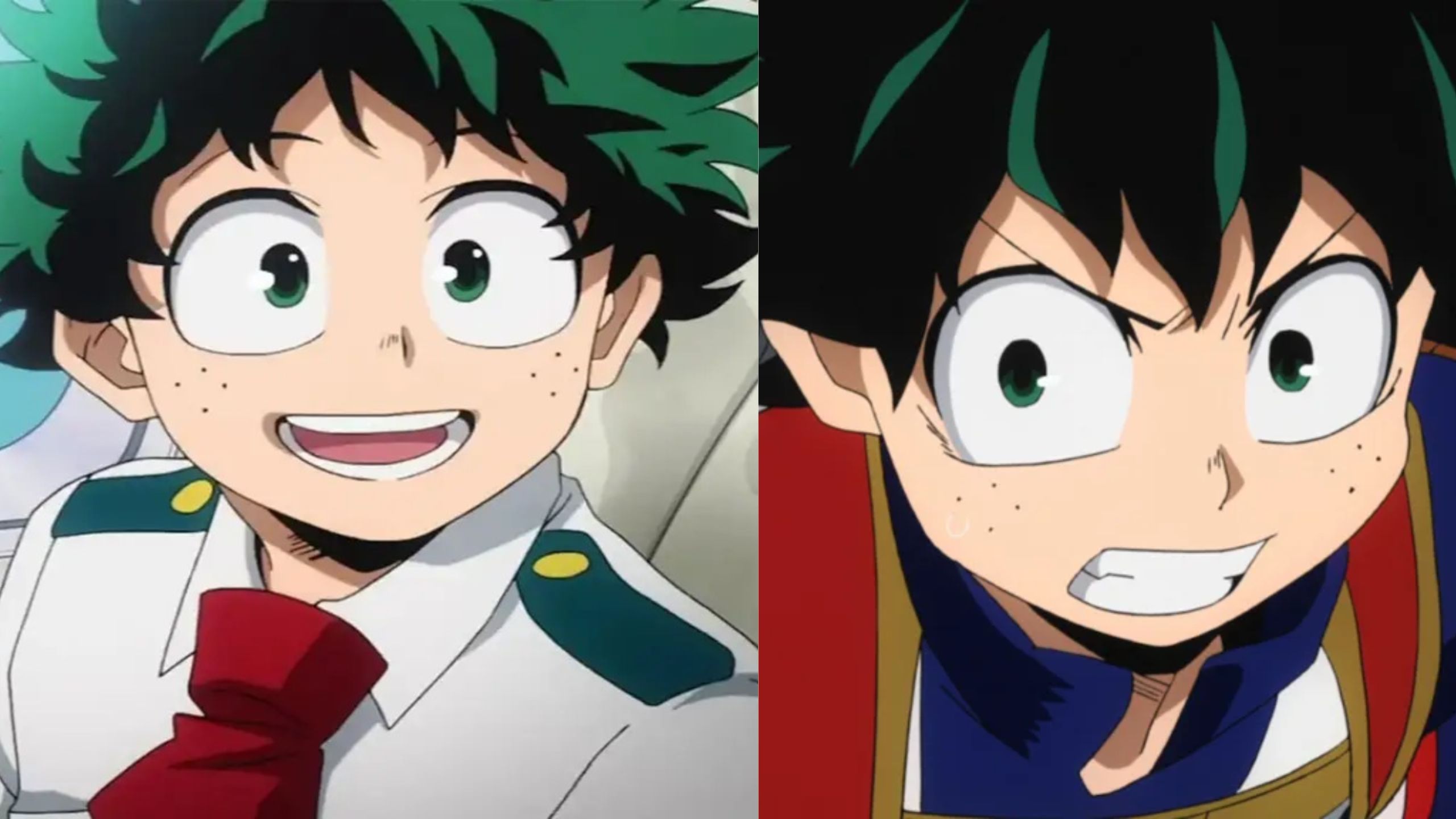
Horikoshi’s world has already been turned upside down, with Deku acting as the axis upon which this energy of change turns.
Deku’s endgame will manage to change the entire world of My Hero Academia.
Deku’s End Game: A Denial of Determinism
Deku’s entire strategy for the endgame requires an understanding of the world in My Hero Academia at large and why his perspective allows him to have such sweeping ideals.
The anime and manga are set in a universe that subscribes to the philosophical concept of utilitarianism. This concept embraces the idea of doing the most good for the most people, which, on paper, seems like a good idea.
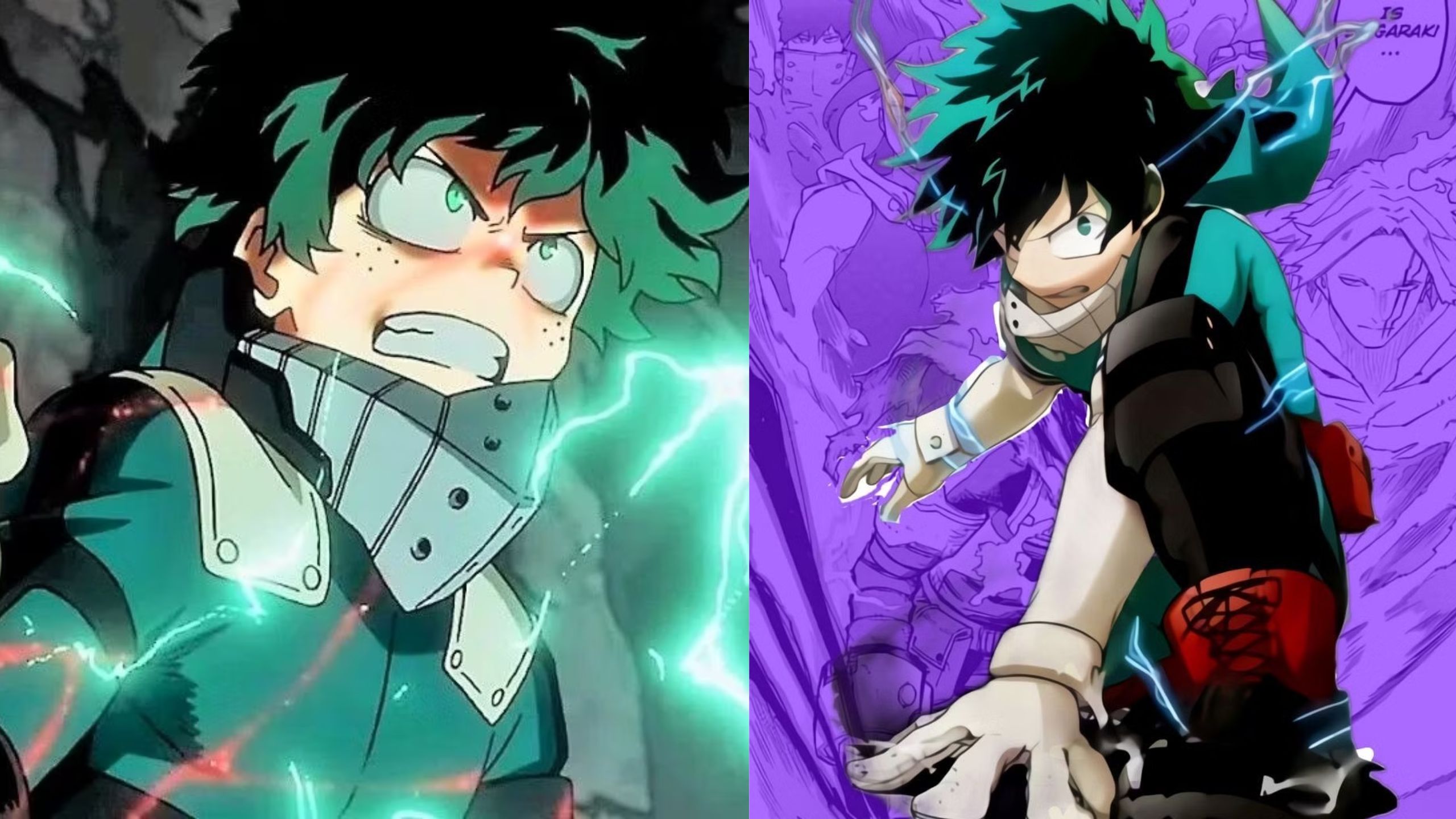
In practice, it means everything, including people, needs to be used to their maximum utility, and those not useful are rejected.
This school of thought, rooted in consequentialism, determines the morality of an action by its outcome, whether the impact is a net good or a net bad for society.
While this can make sense, it denies the concept of individual suffering and assigns members of society inherent value for the sake of the whole.
Deku’s Struggle Against a Utilitarian Society
Deku, in particular, has lived through this as he was born quirkless. In the super-powered society he lives in, this makes him not useful and thus looked down on by his peers.
The utilitarianism of the universe ultimately translates into determinism, where no one has real control over their fate due to the circumstances of birth.
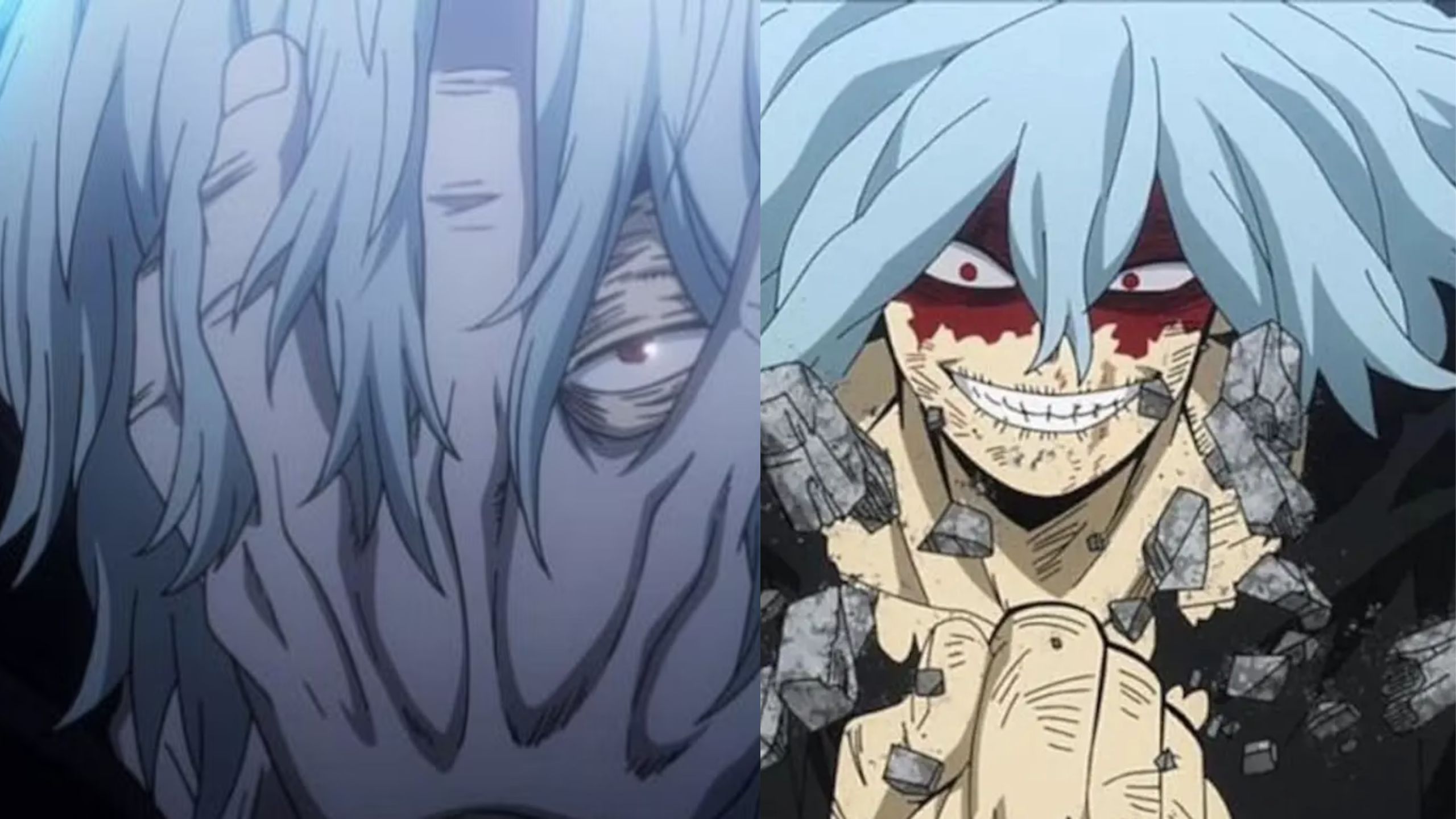
A purely utilitarian society like the one in My Hero Academia is anathema to any form of justice that can exist. By creating a natural underclass of citizens, it creates its own pool from which villains can rise.
Shigaraki, Dabi, Toga, and other villains do not exist in a world where their fate is their own.
Due to All Might, Deku jumps the tracks of fate. In another life, he could have ended up in their shoes in different ways.
Deku’s Quest to Save Shigaraki
Ultimately, Deku wants to save Shigaraki. He isn’t out to punish him. Instead of seeing a monster like the rest of the world does, Deku sees another person because he is uniquely suited to see through the label of villain.
Deku’s active choice to save Shigaraki from the actual evil of All For One, a character who takes advantage of the society and seeks to rule over it, is a denial and defiance of the fate set before them.
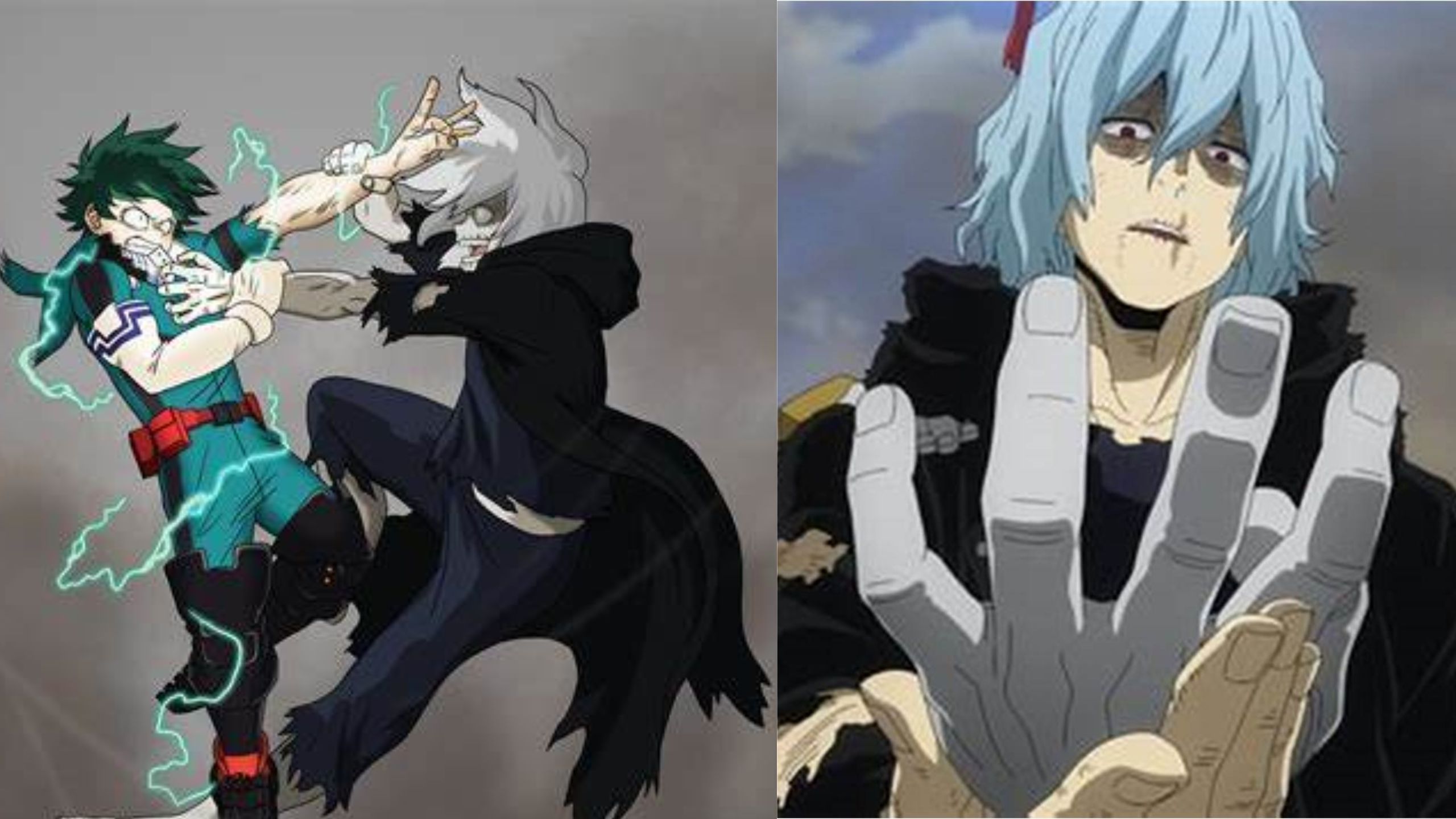
Shigaraki, unlike Deku, never jumped the tracks of fate and had his whole life manipulated before he was even born. Deku aims to pull him from that.
Deku’s Defiance of Society’s Values
As an act, this entirely undermines the society built around them. Deku is saying that the desire to do the right thing, even for bad people, is the important part.
He has no clue what will happen if he saves Shigaraki if he even can, but he is the only one who actively wants to try.
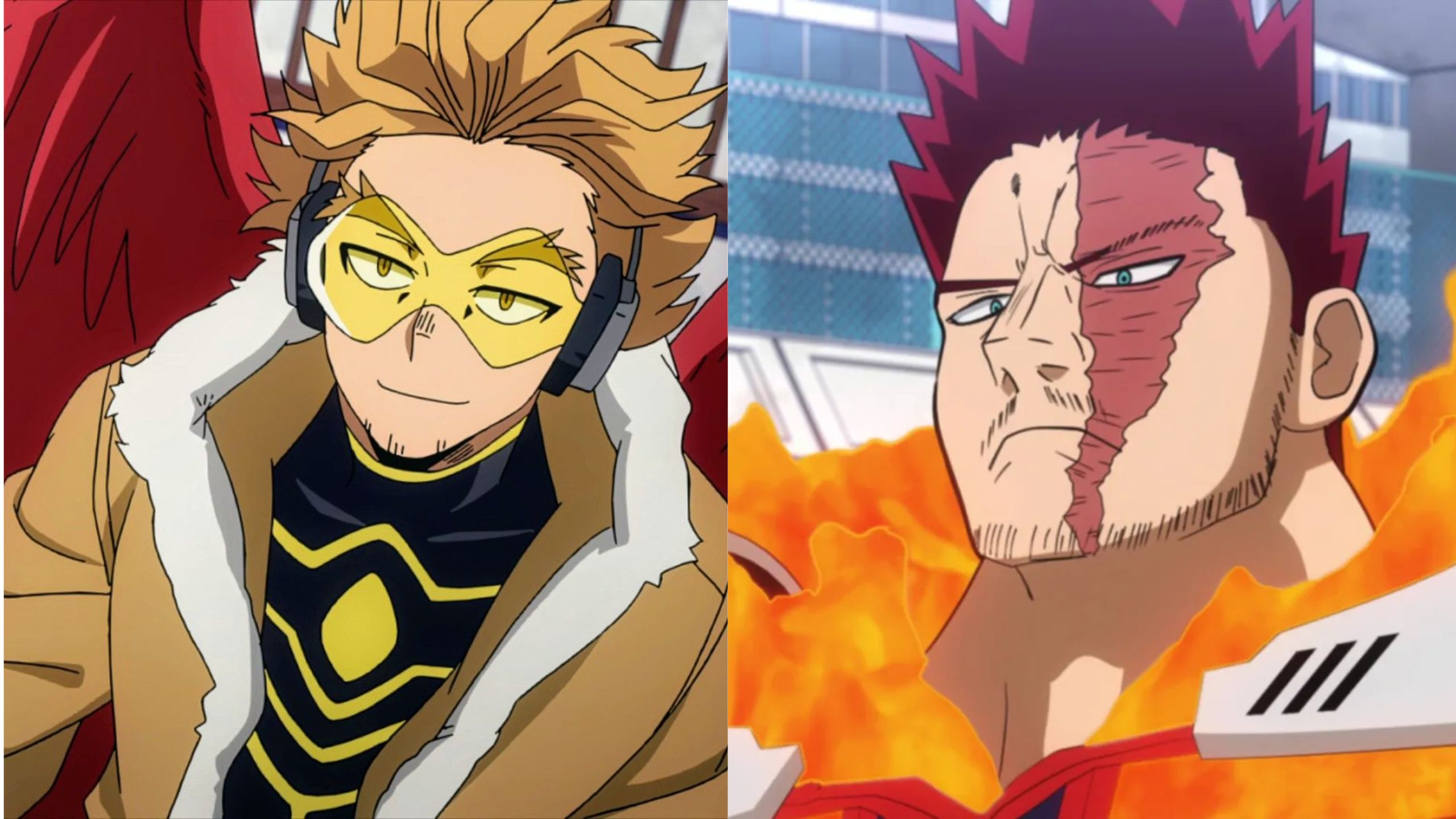
Characters like Hawks or Endeavor are far more likely to want to put down villains like this. Hawks is shown to be drawn in a villainous way when he takes Twice’s life, even if it could be argued for the greater good.
He didn’t try to save Twice, but Deku wants to save Shigaraki, and this is the greatest contrast to point to in this argument.
The League of Villains: Victims of Society
A lot of how Deku’s ultimate goals will affect the world of My Hero Academia comes from understanding that most characters associated with the League of Villains are victims of personal and societal circumstances.
They are also victims of determinism. With Shigaraki, it was the determinism of All For One creating a path of fate for an unloved child.
For Dabi, it was the determinism of family birth and his quirk being seen as defective in a society that values power.
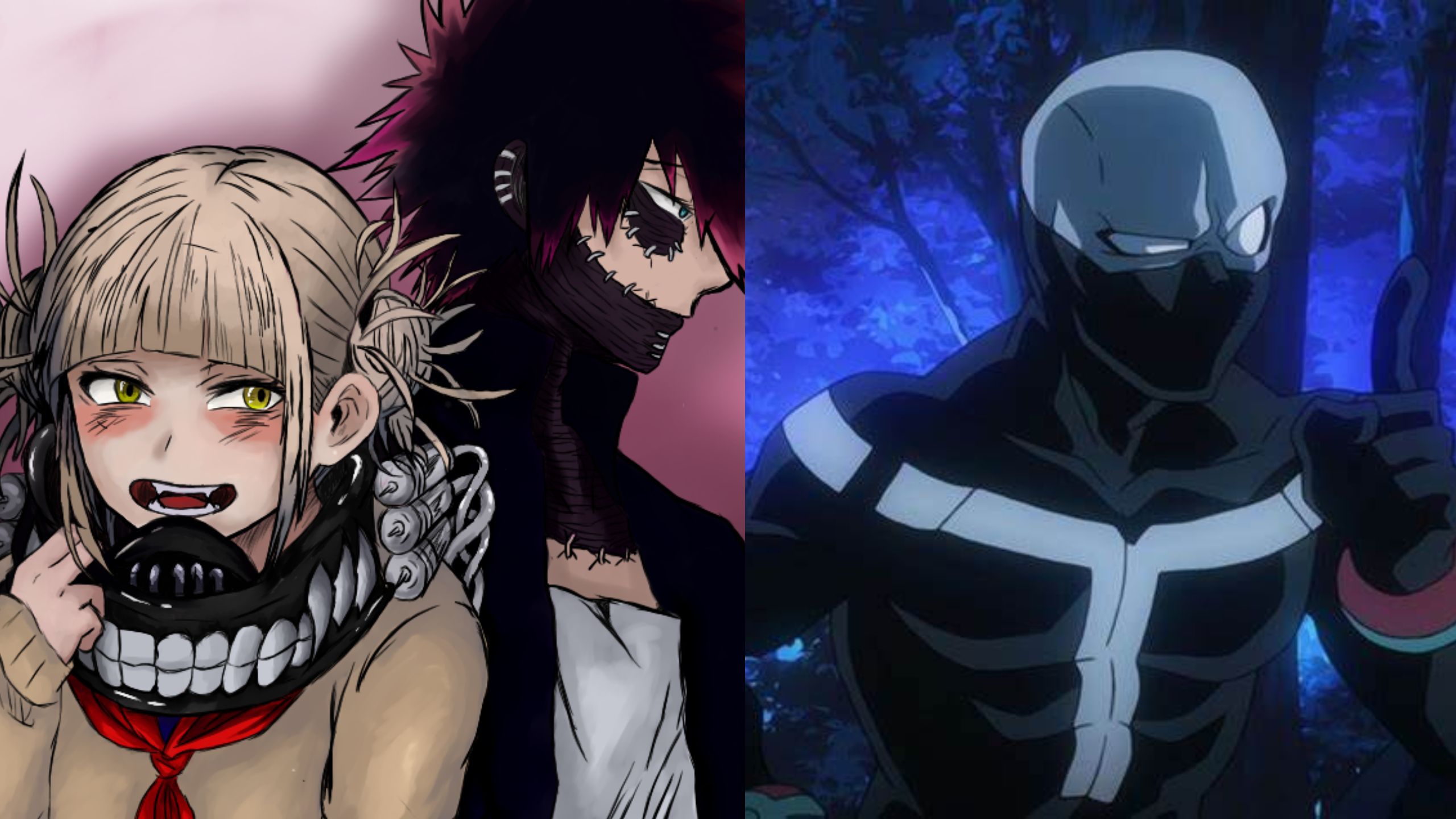
For Toga, her quirk had special needs and affected her body in ways that no one made room to understand, forcing her into behaviors that worked against her instincts.
Every member of the League of Villains was shaped and molded by the deterministic society around them and is an active reaction to it. But if it wasn’t them, there would still be others.
The Narrative’s Subtle Dystopian Elements
The narrative points out vaguely that these people do not exist in a vacuum, and their existence allows people like All For One to thrive.
Desperation and rejection are rampant in this world, allowing people to become radicalized toward a cause they can feel a part of.
Heteromorphs like Spinner are a fantastic example because, even if their quirks are useful, their appearances keep them out of the public eye.
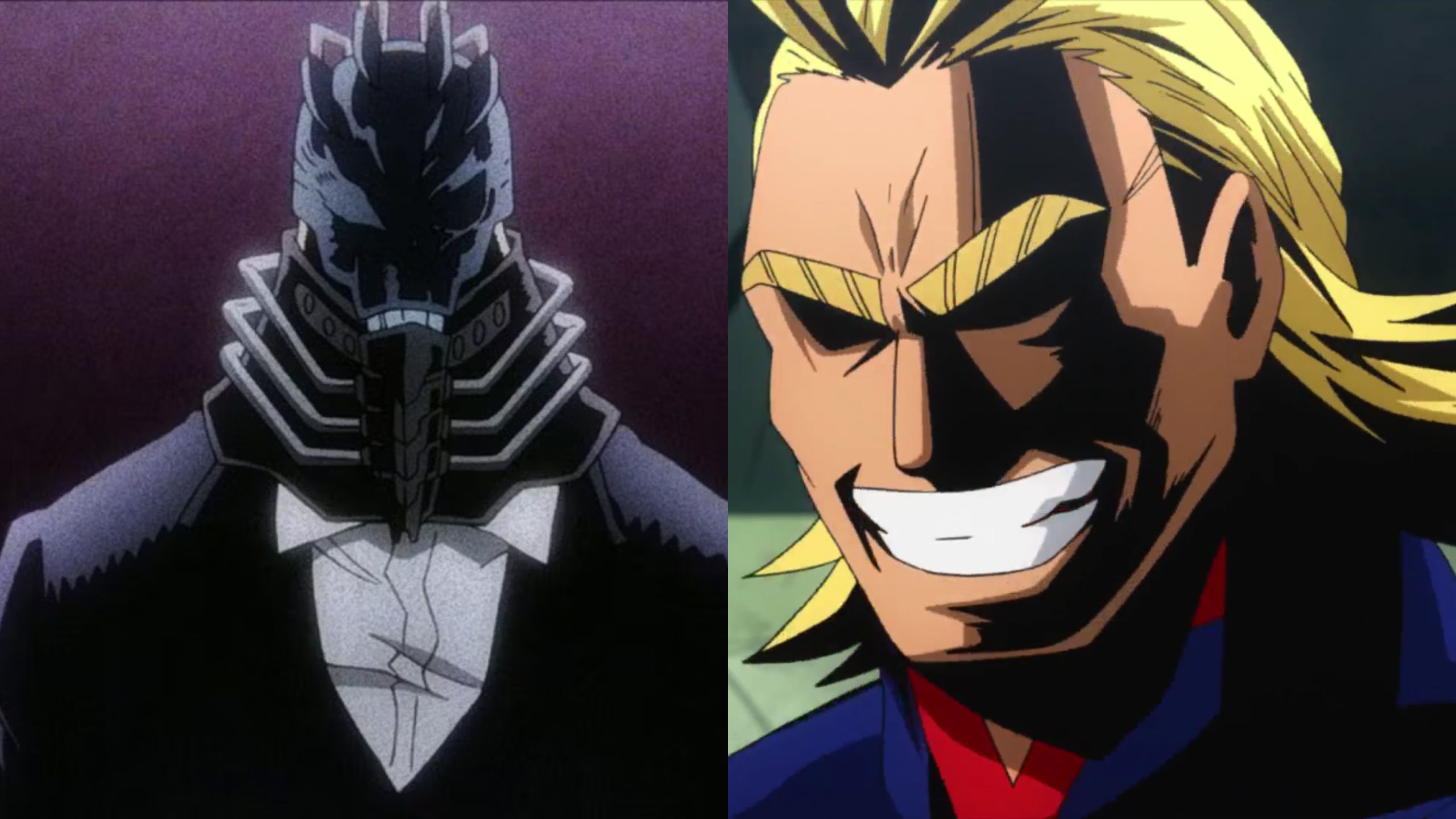
Even heroic characters like Shoji feel the need to cover some of their more “inhuman” traits due to their treatment in the world.
There is something subtly and horrifyingly dystopian about the world of My Hero Academia, and Deku’s existence and goals are in defiance of that.
The Impact of Saving Shigaraki
If someone like Deku can save someone like Shigaraki, what does that say about the society built up to this point? It highlights the failures of this level of utilitarianism.
What makes Dabi’s situation so devastating for the view of heroes is that it is a direct blow to the foundations of that level of utilitarianism.
Shigaraki is the ultimate culmination of the shift from utilitarianism to a certain level of Darwinism. Deku presents the third option of deontological ethics.
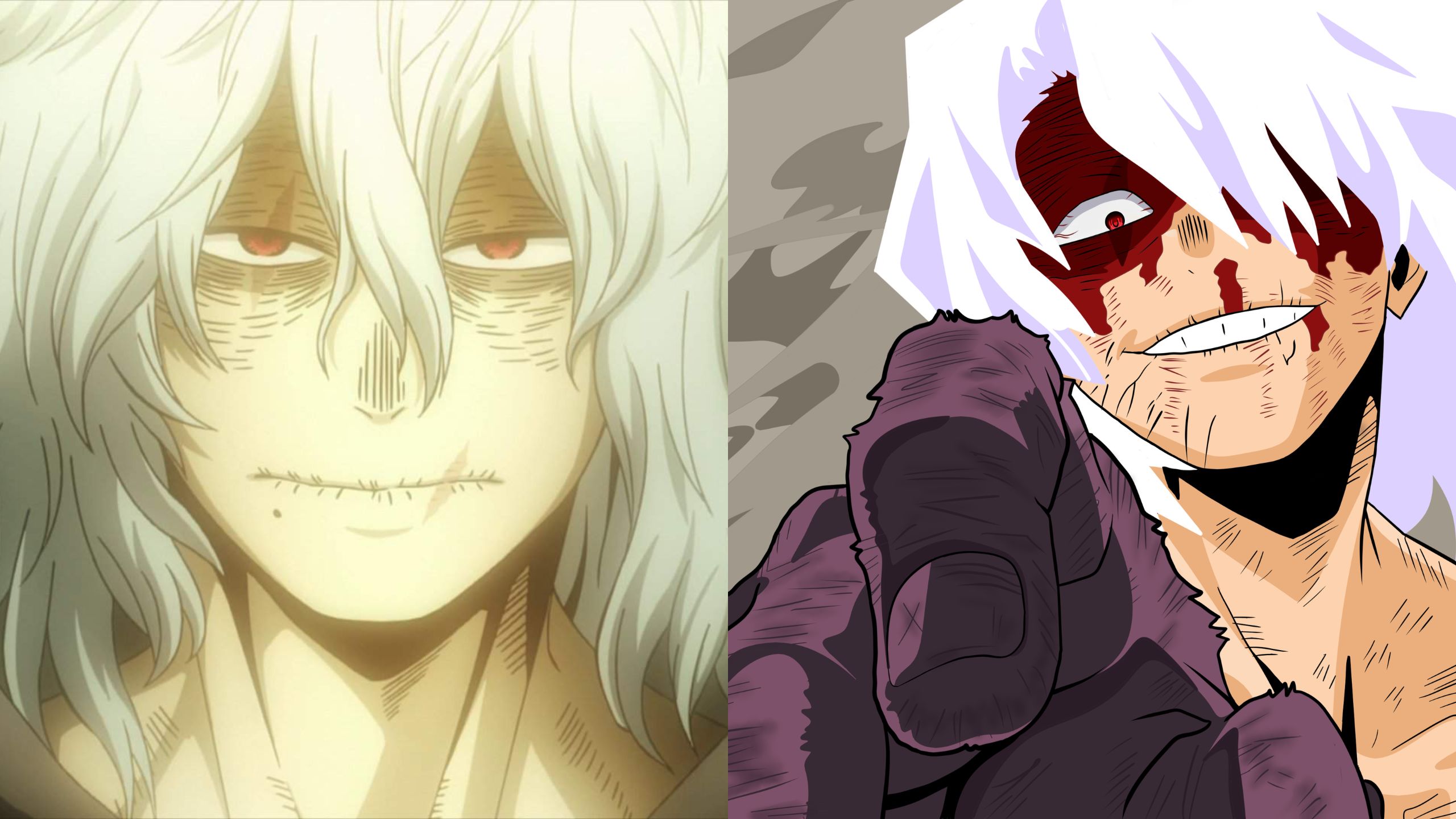
This is where the act itself, not the outcome, determines the morality of an action. Saving Shigaraki could have many outcomes, but the desire to save Shigaraki is the important part because it is, ultimately, a good thing. A righteous thing.
My Hero Academia, whether it knows it or not, sets up a massive philosophical argument about whether justice can exist in a society that places arbitrary value on people, and Deku’s endgame will shake the core of the world in which it exists.
The Philosophical Argument of Justice
Deku’s ultimate goal has a lot of implications for the hero society. The League of Villains cannot exist in a vacuum, and their existence is what allows people like All For One to thrive.
Desperation and rejection are rampant, allowing people to become radicalized. Heteromorphs like Spinner are examples of how appearances can keep people out of the public eye, even if their quirks are useful.
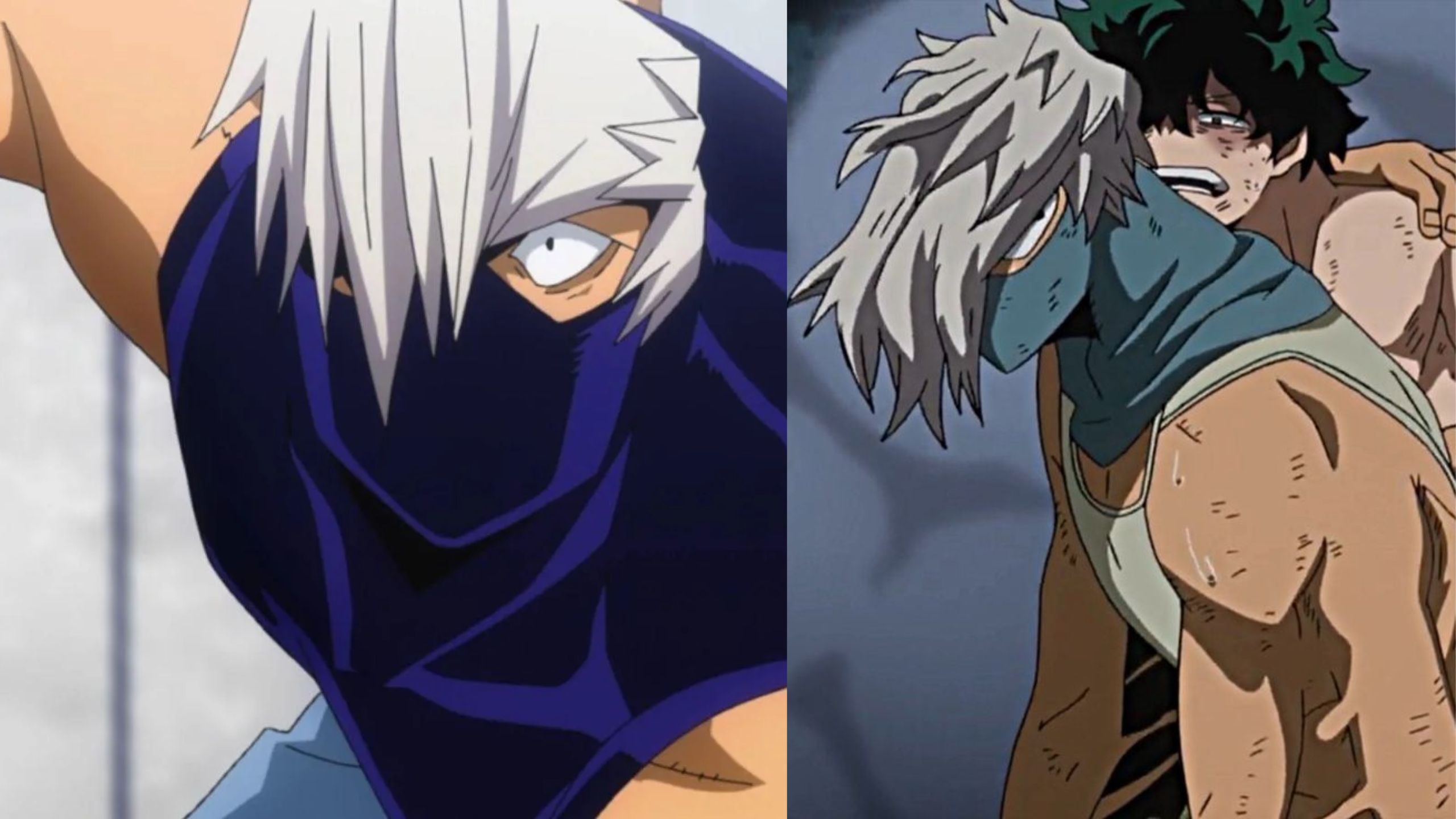
Shoji, a heroic character, feels the need to cover some of his more “inhuman” traits due to societal treatment. The subtly dystopian world of My Hero Academia is defied by Deku’s existence and goals.
Deku’s Defiance and the Future of Society
If Deku can save Shigaraki, it highlights the failures of utilitarianism. Dabi’s situation is devastating for the view of heroes because it is a blow to utilitarianism.
Shigaraki represents the shift to Darwinism, while Deku presents deontological ethics, where the act itself determines morality.
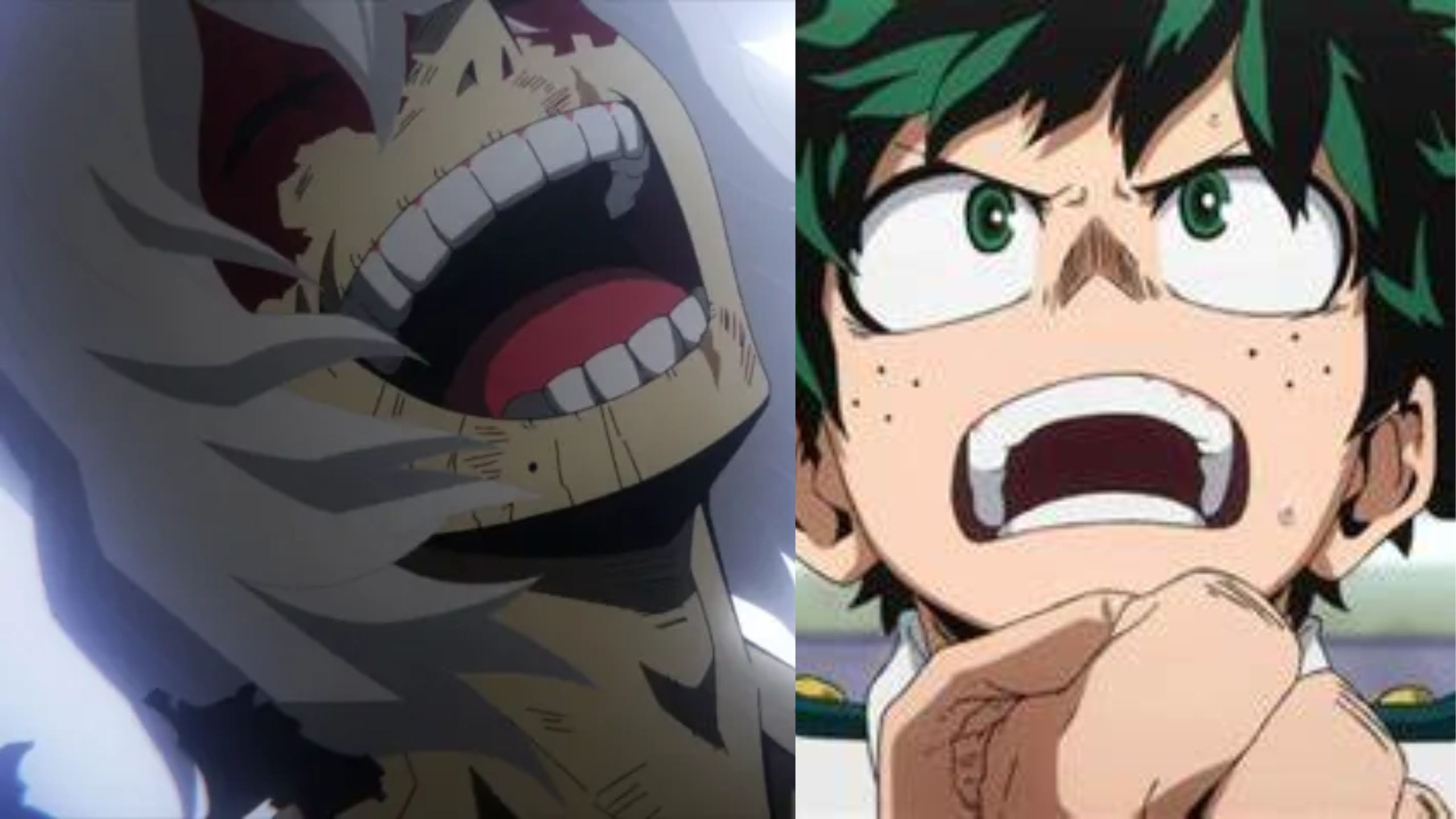
Saving Shigaraki has many possible outcomes, but the desire to save him is the important part.
My Hero Academia sets up a philosophical argument about justice in a society that values people arbitrarily, and Deku’s endgame will profoundly impact the world.
The Endgame’s Profound Impact
As the series nears its ending, fans are unprepared for the end, which has far-reaching implications for the world created by Horikoshi.
Deku’s actions and goals defy the deterministic and utilitarian society, aiming to save even those deemed irredeemable.
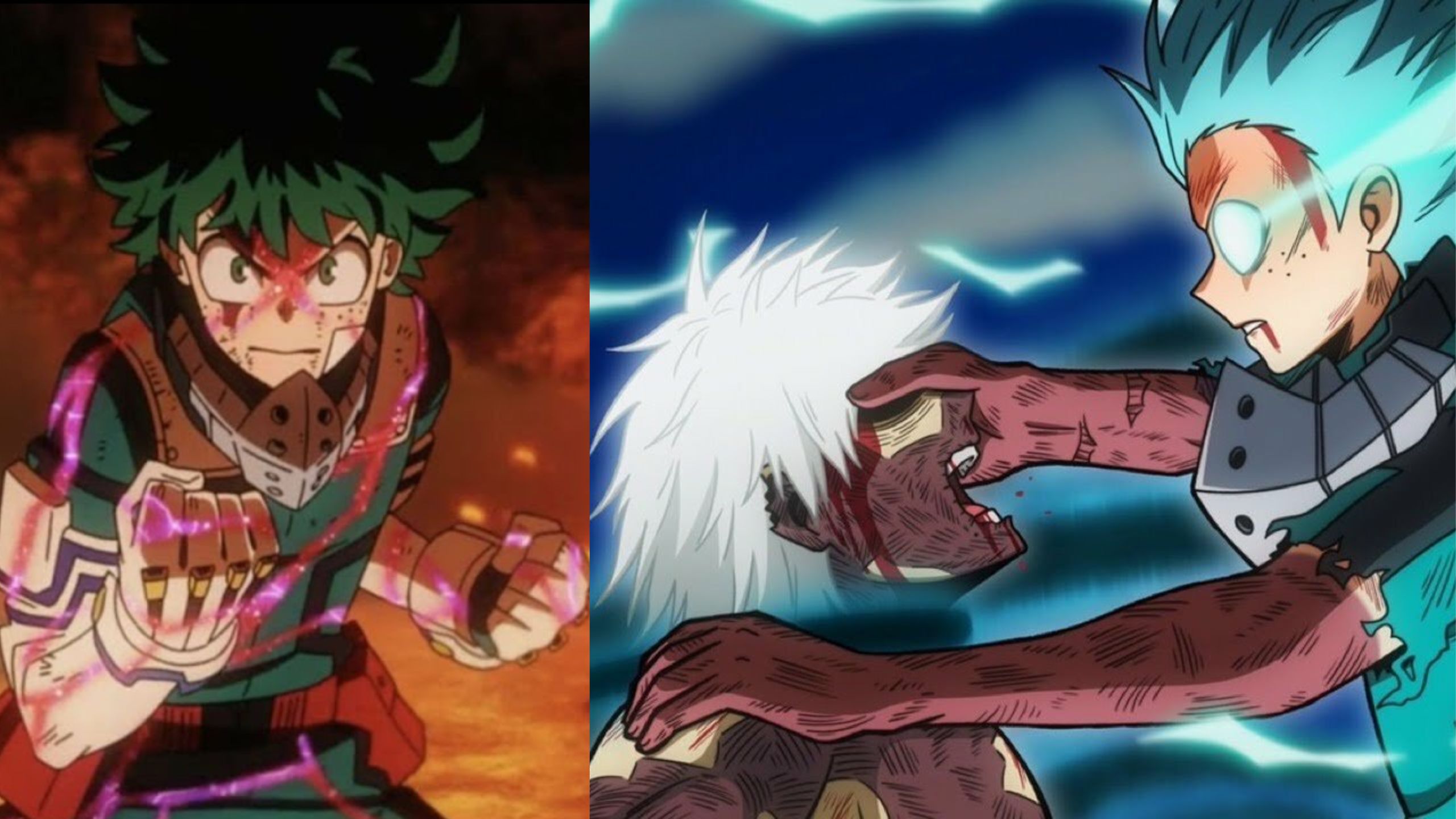
This defiance of fate and societal values sets Deku apart and will ultimately reshape the world of My Hero Academia.
The end of this journey marks the beginning of a new world, full of uncharted territories and exciting possibilities.


